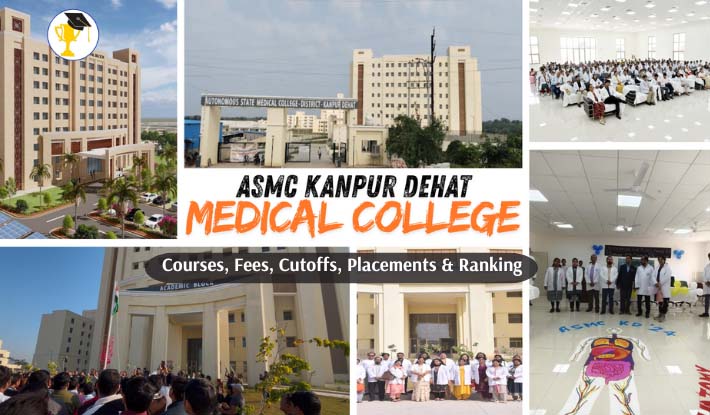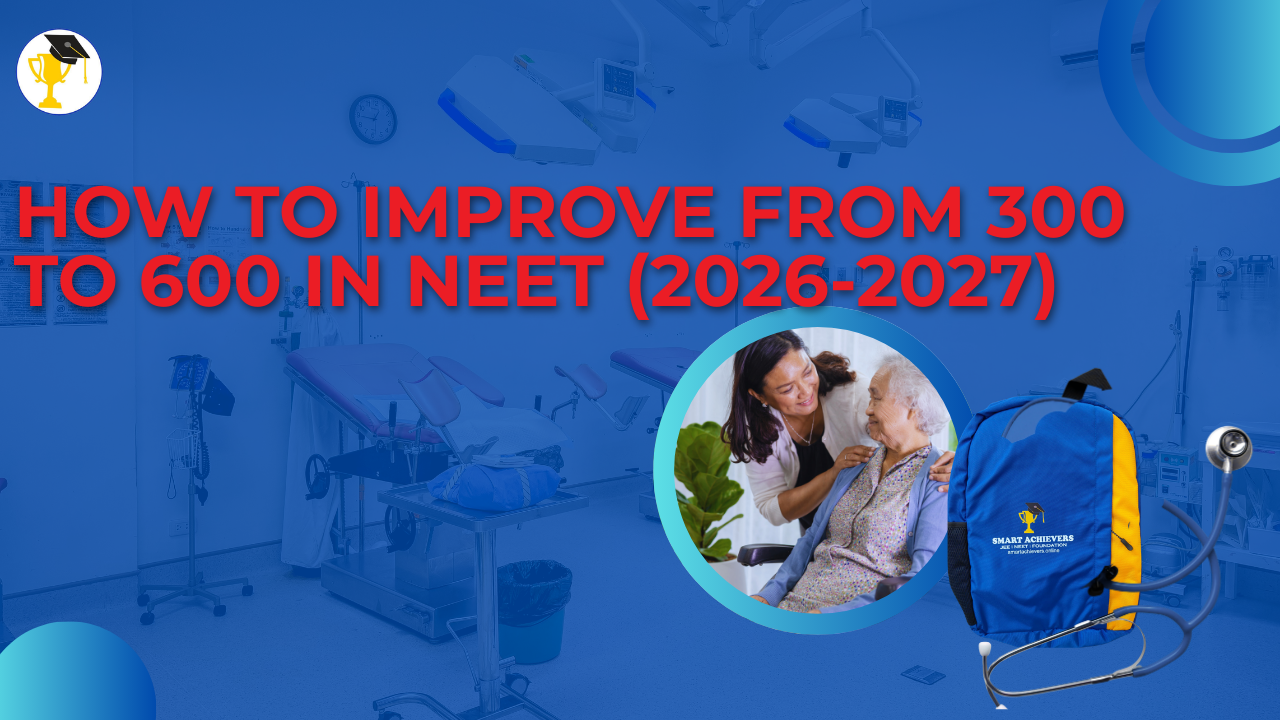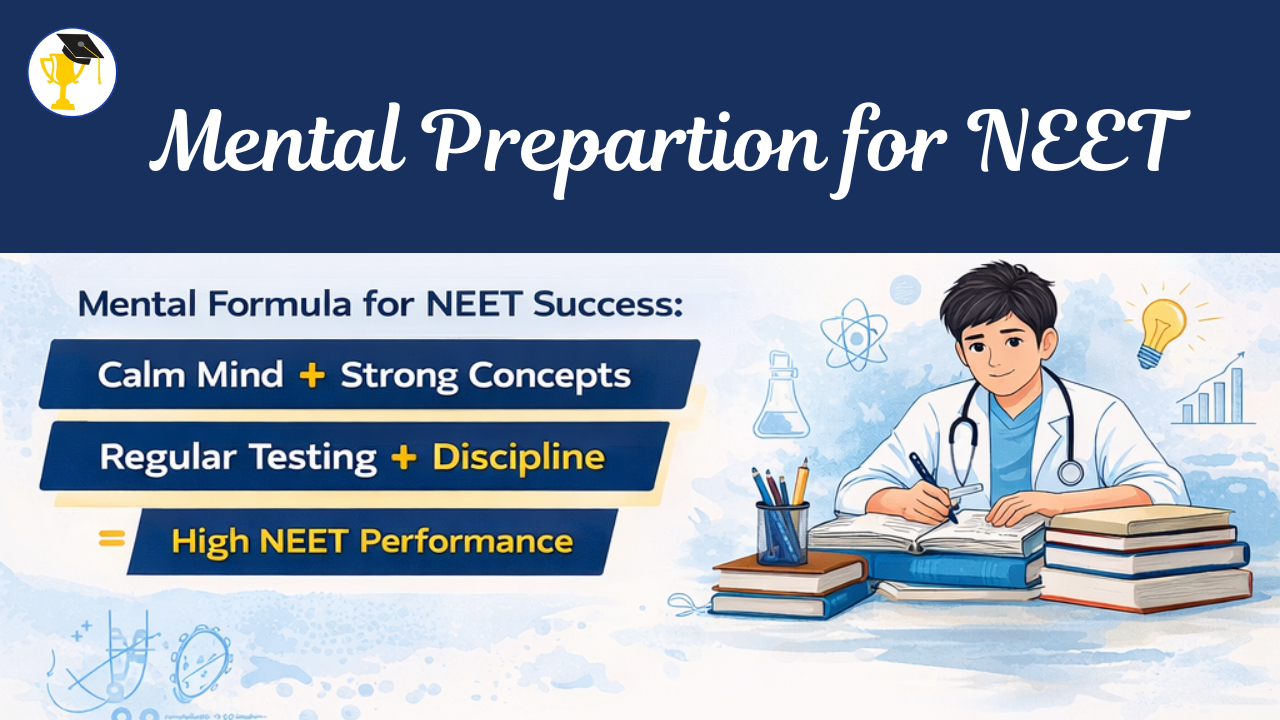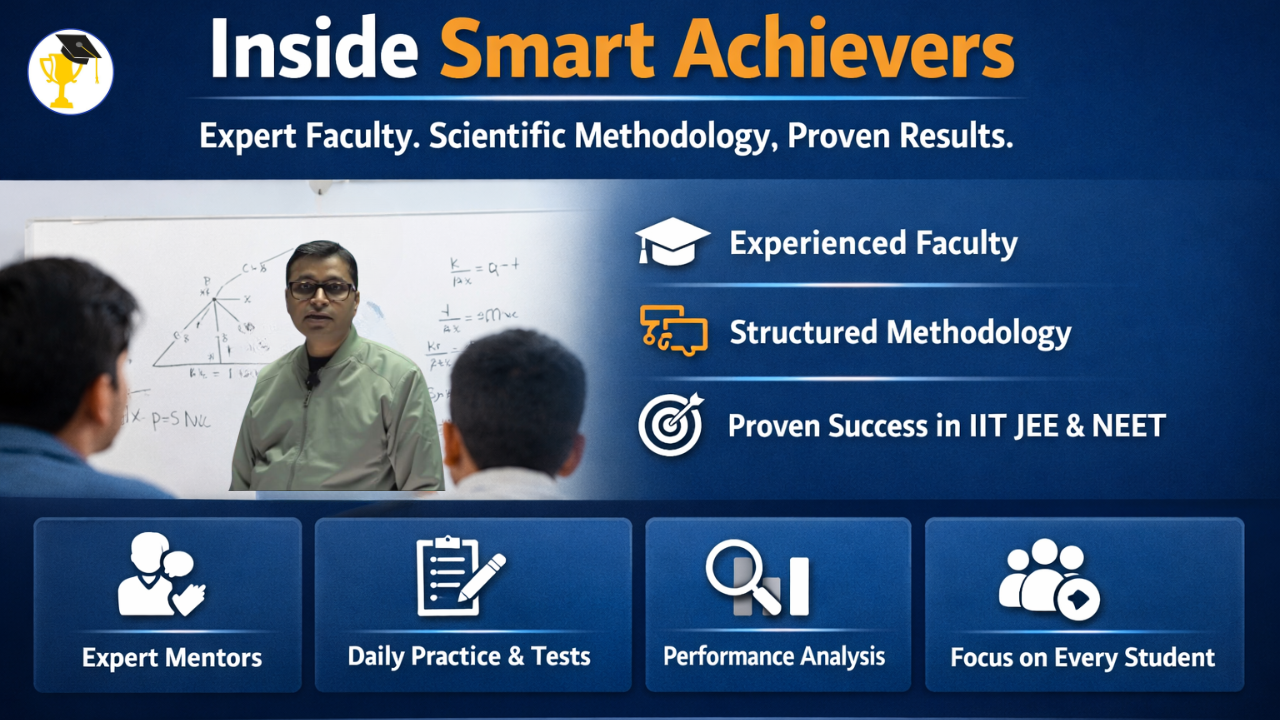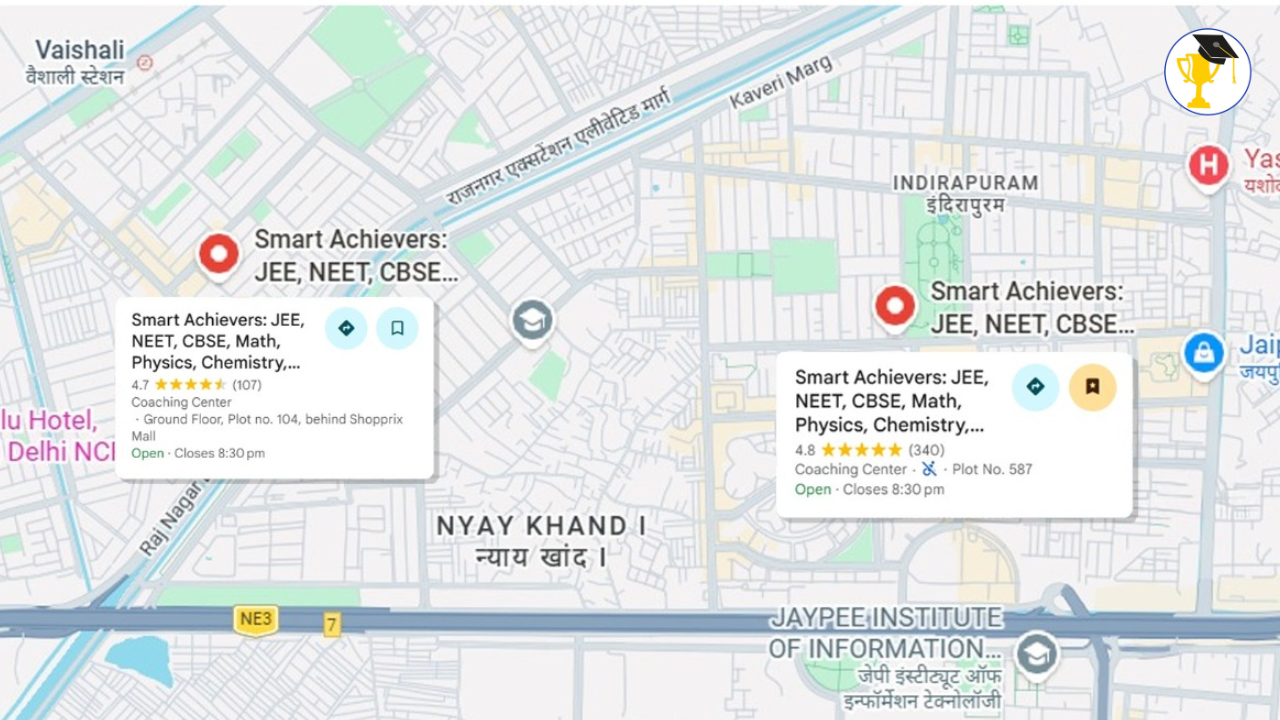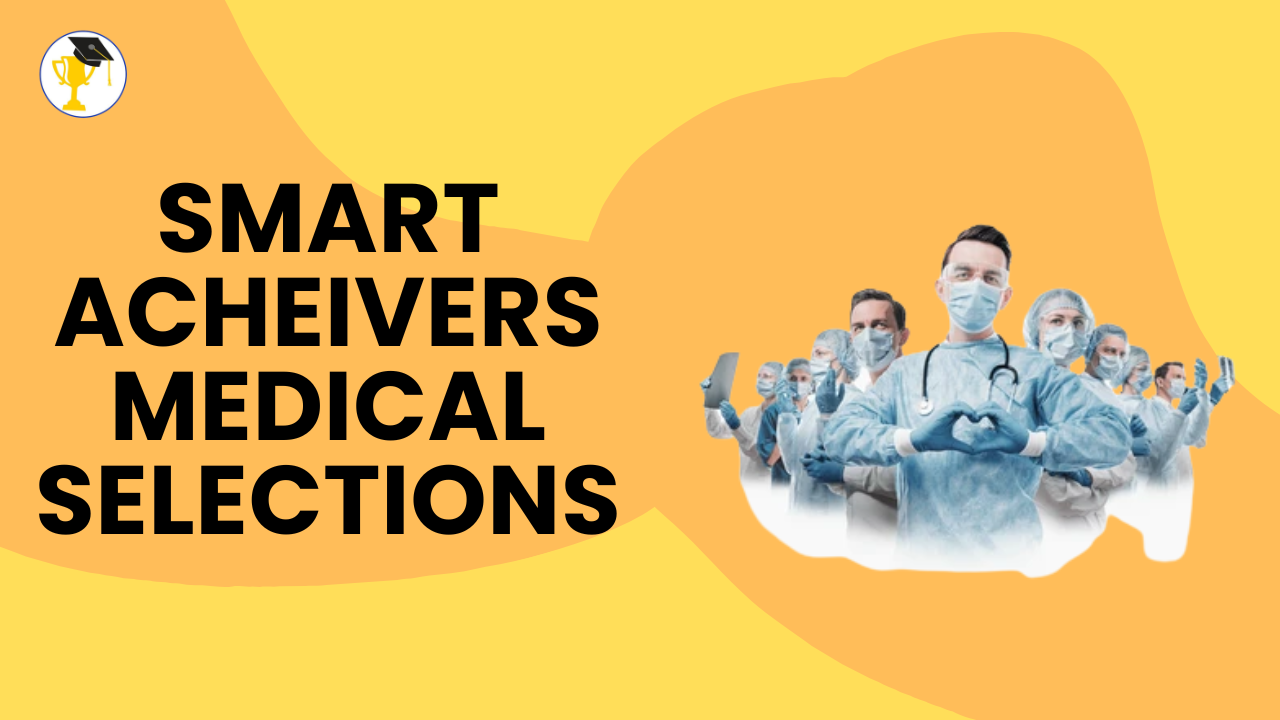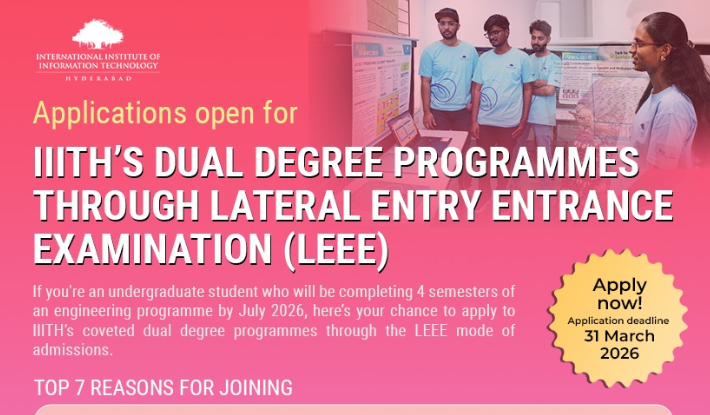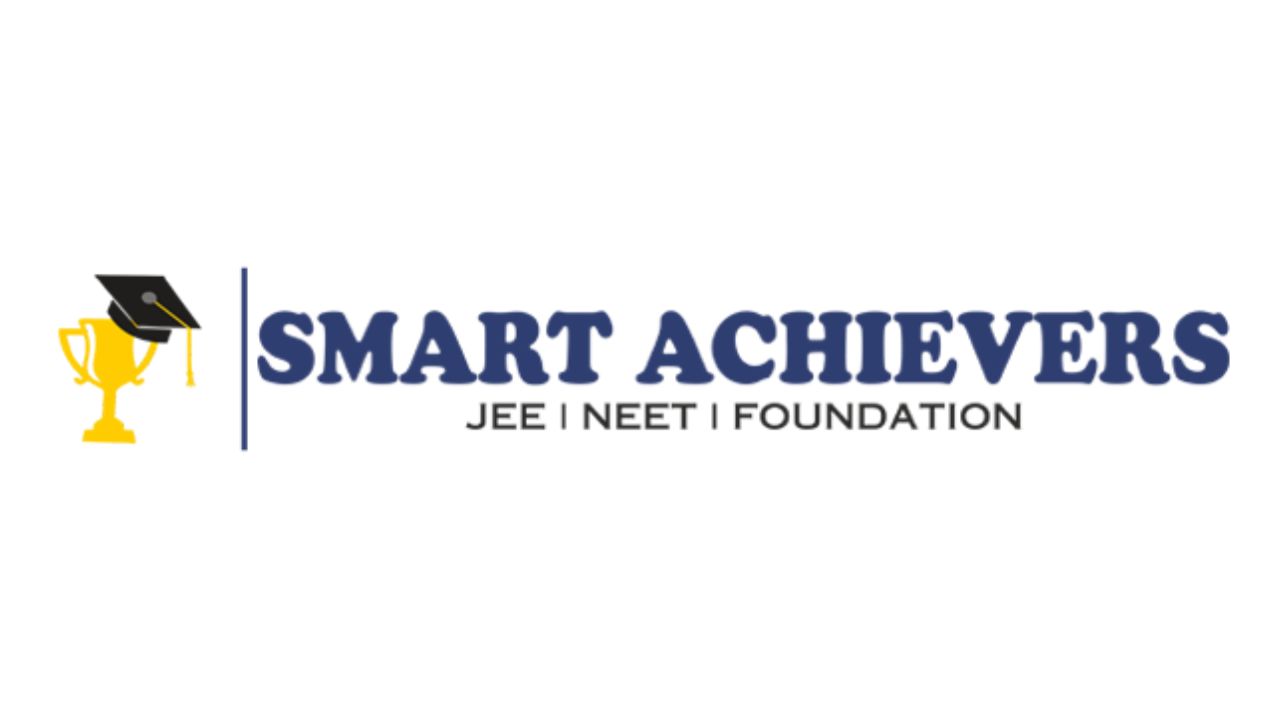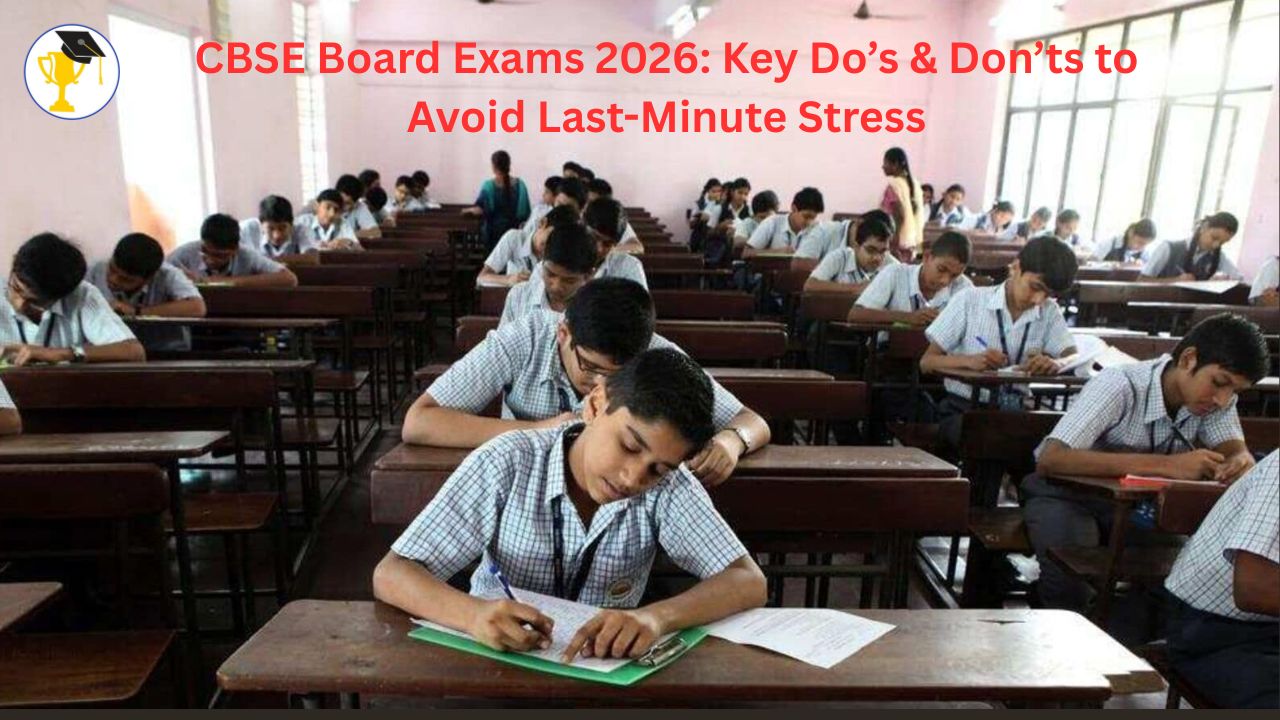Autonomous State Medical College, Akbarpur Admissions 2025: Courses, Fees, Cutoffs, Placements & Ranking
Autonomous State Medical College, Akbarpur (also known as ASMC Kanpur Dehat) is a government medical college in Uttar Pradesh, established in 2024.
-
Affiliation & Recognition: The college is affiliated with Atal Bihari Vajpayee Medical University (Lucknow) and recognized by the National Medical Commission (NMC).
-
Location: Akbarpur, Kanpur Dehat, Uttar Pradesh.
-
Campus & Facilities: The institution is in early stages; hostels are available.
Because it is newly established, many infrastructure and operational details (bed count, number of departments in full swing) are yet to mature.
Courses & Intake
-
Program Offered: MBBS (Bachelor of Medicine & Bachelor of Surgery)
-
Duration: 5.5 years (4.5 years academic + 1 year internship)
-
Intake: 100 seats annually for MBBS
As of now, there is no confirmed public data showing postgraduate (MD/MS) programs in operation.
Admission Process & Eligibility (2025)
Eligibility Criteria
To seek admission in MBBS at ASMC Akbarpur, candidates generally should satisfy:
-
Pass 10+2 (or equivalent) with Physics, Chemistry, Biology (or Biotechnology), and English.
-
Minimum 50% marks in PCB for General category; reserved categories may have lower threshold (often 40%).
-
Must be at least 17 years of age by December 31 of the admission year.
-
Must appear and qualify in NEET-UG.
Counselling & Seat Allocation
-
State Quota: Seats under the Uttar Pradesh quota are allotted via state counselling (by DMET / UPDGME or equivalent).
-
All India Quota (AIQ, 15%): Seats filled through MCC counselling (for those eligible).
Once a seat is allotted, candidates must complete document verification and admission formalities.
Documents generally required: NEET admit card & score, 10th & 12th certificates, ID proof, caste / category certificate (if applicable), domicile certificate (for state quota), passport size photographs, allotment letter, etc.
Fee Structure
Here’s what is publicly reported for MBBS fees at ASMC Akbarpur (2025-26 estimates):
| Category |
Tuition / Academic Fee |
Other / Development / Misc. Fees |
Total (approx) per year* |
| General |
INR 18,000 |
INR 4,000 (other) + INR 2,000 (development) + admission, etc. |
~ INR 40,800 |
| Reserved (OBC / SC / ST) |
INR 9,000 |
similar other fees |
~ INR 31,800 |
* These are estimates and subject to change as per official notification.
Some sources also list “total program fee” figures. For example, Shiksha shows for ASMC Kanpur Dehat a total MBBS fee of INR 1.3 lakh for the full duration.
Also, the college’s official website lists a Fee Structure section (as of 2025) though detailed breakdown is minimal.
Cutoffs (NEET Trends)
Because the college is new, cutoff trends are just forming. Below is what is publicly documented:
-
In 2024, closing rank in Round 1 for MBBS was 18,106
-
In 2024, another closing rank (last round) was ~ 20,950
-
For 2025, Shiksha reports that for ASMC Kanpur Dehat (Akbarpur), the closing rank for “Other / General – All India” is about 16,921
-
Also, TargetNEET lists for All India Quota 2024: General category Round 1 cutoff = 12,841, and Round 3 = 18,820
Note: Cutoffs vary by quota (state vs AIQ), category (General, OBC, SC, ST), and counselling round. Use them as rough guidance, not guarantees.
Placements, Internships & Exposure
-
Students undergo 1-year rotating internship in hospital departments after the academic phase of MBBS.
-
Because the college is newly established, there is no historical placement or alumni data yet.
-
Graduates typically aim for postgraduate education (NEET-PG) or work in government/private hospitals.
-
Quality of exposure depends heavily on hospital bed strength, patient inflow (OPD / IPD), functional specialty departments, diagnostics, surgery load, etc.
Prospective students should check, during visits or counselling, the existing hospital departments, case load, equipment, labs, and teaching staff to assess how robust clinical exposure is likely to be.
Ranking & Reputation
Given its establishment in 2024, ASMC Akbarpur (Kanpur Dehat) does not yet appear in national medical college rankings.
Its reputation and ranking will depend over the coming years on:
-
Student academic performance
-
Success in postgraduate entrance / placements
-
Research output and publications
-
Infrastructure development
-
Hospital patient load & specialty services
For now, its credibility is supported by government backing, NMC recognition, and its inclusion in the “one district one medical college” mission
Strengths, Challenges & Tips
Strengths:
-
Lower cost compared to private medical colleges
-
Government backing and NMC approval
-
Early batches may have more influence in shaping college processes and infrastructure
-
Good potential, being part of expansion of medical access in Uttar Pradesh
Challenges:
-
Infrastructure, hospital buildings, labs, and full departmental operations may still be under development
-
Patient volume and case diversity may be limited initially
-
Absence of past placement or alumni track record
-
PG specialization options are likely limited in early years
Tips for Aspirants:
-
Visit the campus if possible to inspect hospital facilities, lab equipment, wards, and department operations.
-
Ask faculty strength and senior doctors deployed — experienced faculty presence is crucial.
-
Check hospital case load / departments in operation — a medical college is only as good as the clinical exposure.
-
Monitor internal performance and research — to strengthen your profile for PG later.
-
Stay updated with official notices — fee, seat matrix, quotas, and timelines may shift in a new college.
Conclusion
Autonomous State Medical College, Akbarpur (Kanpur Dehat) is a promising new institution for MBBS aspirants in Uttar Pradesh. With a 100-seat MBBS intake, government support, and NMC recognition, it offers an opportunity for more affordable medical education. However, many facets—clinical exposure, infrastructure, postgraduate options, reputation—are still evolving. Early batches will have both the challenge and advantage of shaping the institution’s future.
 STUDY MATERIALS
STUDY MATERIALS
 COURSES
COURSES
 MORE
MORE

